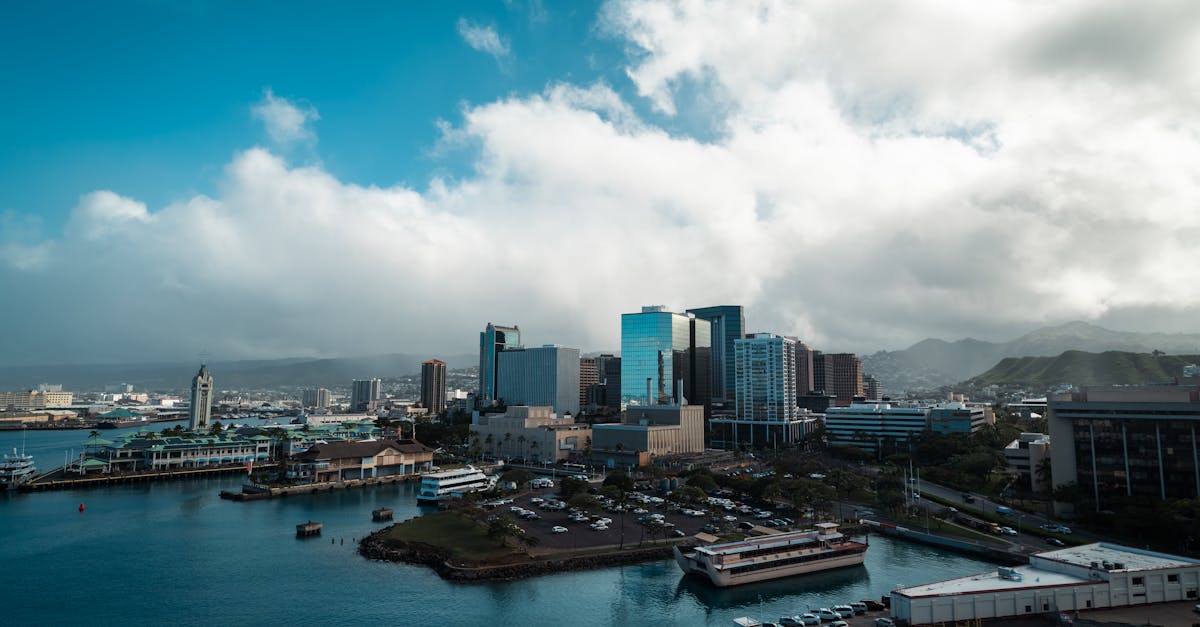Hawaii is set to implement a significant minimum wage increase, jumping to $16 per hour in 2026, as reported by Star Advertiser. This $2 increase is the largest among all states in the coming year and part of a broader plan to reach $18 by 2028. For full-time minimum wage workers, this translates to an extra $80 per week, or $320 a month. However, while this promises a financial gain for low-wage earners, it simultaneously highlights the ongoing struggles within the state's economy.
The core issue is the exceptionally high cost of living in Hawaii. According to Beat of Hawaii, the state holds the unfortunate distinction of having the highest cost of living in the U.S., significantly above the national average. This reality means that even with a rising minimum wage, many residents still face financial hardship. A recent analysis by CBRE highlights that, as of 2025, the living wage for a single person in Hawaii is estimated to be $17 per hour, considerably more than the current minimum wage, creating a substantial gap for many workers. This difference between wage and a living wage will likely cause further economic strain.
From a business perspective, the wage increase could squeeze profit margins for many companies, especially those in the tourism and hospitality sectors, which rely heavily on minimum-wage employees. This in turn, may lead to increased prices for tourists, making vacations to Hawaii less affordable. The increased operating costs could also force businesses to cut staff or reduce service offerings, affecting the overall visitor experience. This is especially relevant given that the tourism sector is the backbone of the Hawaiian economy.
Despite the challenges, a minimum wage increase can still be a positive development. As Hawaiʻi Appleseed points out, raising the minimum wage can inject more money into the local economy, potentially supporting local businesses, with the increase of income, low-wage workers tend to spend nearly every additional dollar locally. Nevertheless, the state faces the delicate task of balancing worker needs, business sustainability, and the attractiveness of Hawaii as a travel destination. Addressing the high cost of living, which significantly impacts locals, is critical. For instance, Beat of Hawaii offers tips on how to decrease travel costs, suggesting the seriousness of the issue.



